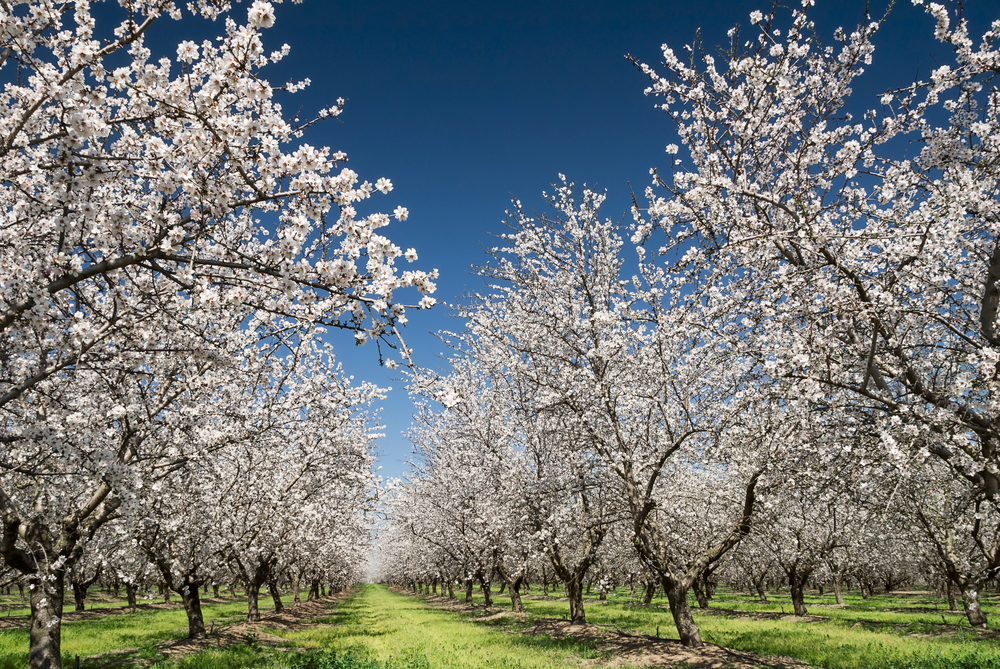Biological farming should not be confused with organic farming. Biological farming is the use of biological practices to cultivate the healthiest possible soil that results in the healthiest possible crops, whether they are grown conventionally or organically. Biological farming makes use of a broad range of plant extracts, microbials, insects and other agricultural biological materials. Biological farming practices are non-toxic to the soil and to farmworkers, while also being more efficient and productive than just synthetic inputs.
Notably, agricultural biologicals can also replace synthetic or chemical plant protection products like chemical pesticides, fungicides or insecticides. They can be less expensive while providing an effective option to mitigate pest and disease pressure.
Expanding Global Application
The global agricultural biological market is expected to grow at a Compound Annual Growth Rate (CAGR) of 12.9% during the forecast period 2019-2027, reaching over $21 billion by 2027. The increase in adoption of natural products over synthetic products is driving the growth of the agricultural biological market. Their low environmental impacts and lower manufacturing costs are expected to continue to drive the growth of the agricultural biological market.
Biological farming is a win-win approach that makes farms more sustainable for future generations. In this upcoming season, the biological approach might be the answer to help reduce costs, improve yields and quality, and deliver a better ROI. Andaman Ag has tried and tested biological products to help you get there.





